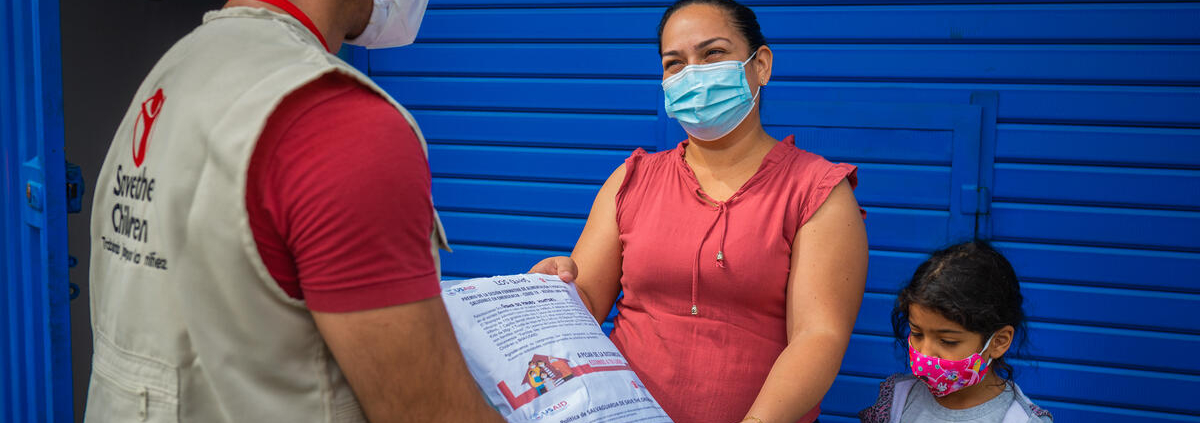Évaluation humanitaire interinstitutions de la réponse humanitaire à la COVID-19
L’évaluation humanitaire interorganisations (IAHE) de la réponse humanitaire au COVID-19 vise à évaluer la préparation et la réponse collectives des agences membres du Comité permanent interorganisations (IASC) aux niveaux mondial, régional et national pour répondre aux besoins humanitaires des populations dans le contexte de la pandémie de COVID-19. Elle a trois objectifs :
Évaluation humanitaire interinstitutions Plan mondial de réponse humanitaire COVID-19 : document d'apprentissage
Le document d’apprentissage du Plan mondial de réponse humanitaire (GHRP) vise à éclairer les futures politiques et pratiques humanitaires, en particulier l’élaboration de tout GHRP dédié et ad hoc qui pourrait être envisagé en réponse aux futures urgences mondiales.
Voir le rapport dans English ici.
Évaluation humanitaire inter-agences : la localisation dans la réponse au COVID-19
Ce document d’apprentissage répond au troisième objectif de l’évaluation, celui de l’apprentissage. Il vise à éclairer les politiques et pratiques humanitaires futures, notamment les travaux du Groupe de travail 5 de l’IASC sur la localisation et la mise en œuvre du Cadre du Grand Bargain 2.0, qui met l’accent sur les intervenants locaux comme l’une des priorités habilitantes.
Consultez le rapport en anglais ici.


Ce site Web est rendu possible grâce au soutien du peuple américain à travers le Agence des États-Unis pour le développement international (USAID) dans le cadre de l’initiative READY. READY (pas un acronyme) est soutenu par l'USAID Bureau pour la démocratie, les conflits et l'assistance humanitaire, Bureau américain d'assistance en cas de catastrophe à l'étranger (OFDA) et est dirigé par Sauver les enfants en partenariat avec le Centre Johns Hopkins pour la santé humanitaire, le Centre Johns Hopkins pour les programmes de communication, Royaume-Uni-Med, Alliance ÉcoSanté, et Miséricorde Malaisie. Le contenu de ce site Web relève de la seule responsabilité de Save the Children. Les informations fournies sur ce site Web ne reflètent pas nécessairement les points de vue de l'USAID, de l'un ou de tous les partenaires du consortium, ou du gouvernement des États-Unis, et ne constituent pas des informations officielles du gouvernement américain.


